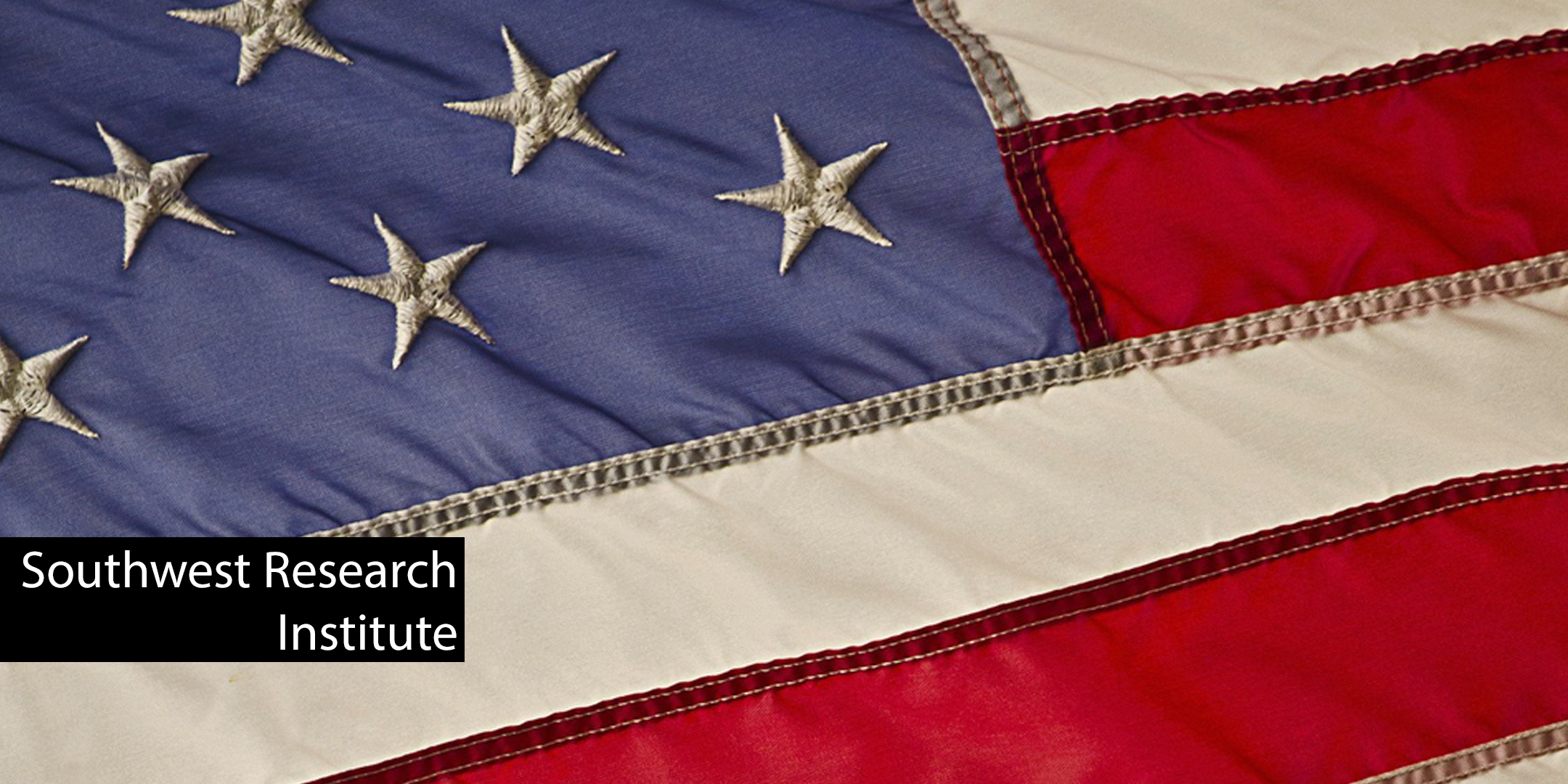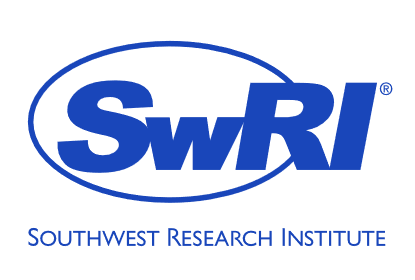
Southwest Research Institute: Early Detection of Leaks in Oil and Gas Operations
 Southwest Research Institute (SwRI) helps
industry and regulators develop solutions for gas and liquid hydrocarbon leaks. SwRI detects methane
leaks in remote areas through a combination of sensors, infrared cameras, machine learning, and
artificial intelligence, specializing in autonomous sensing solutions for early detection of leaks
from both hazardous liquids and gas pipelines.
Southwest Research Institute (SwRI) helps
industry and regulators develop solutions for gas and liquid hydrocarbon leaks. SwRI detects methane
leaks in remote areas through a combination of sensors, infrared cameras, machine learning, and
artificial intelligence, specializing in autonomous sensing solutions for early detection of leaks
from both hazardous liquids and gas pipelines.
Their Smart Leak Detection (SLED) system uses commercial-off-the-shelf optical sensors and machine learning techniques to reliably detect the chemical fingerprint of small liquid leaks. SLED is able to detect small hazardous liquid leaks of crude oil, gasoline, diesel, and mineral oil and classify the substances in real-time. The technology is able to use a variety of mobile and stationary platforms, including pumping stations, drones, helicopters, and manned aircrafts, and can adjust to different sensors and technologies.
Tracking Results
SwRI maintains an inventory of leaks found and generates estimates for the total emissions saved by early detection. SwRI also tracks the number of operators who have deployed the technology.
SwRI Partners
Evaluation and testing of SwRI systems involves partners who develop technologies as well as end-users, such as oil and gas companies ranging from multinational corporations to regional independent producers. SwRI is testing the feasibility of combining SLED with other technologies provided by partners. SLED is being adapted for use by the U.S. Department of Energy to detect methane leaks.